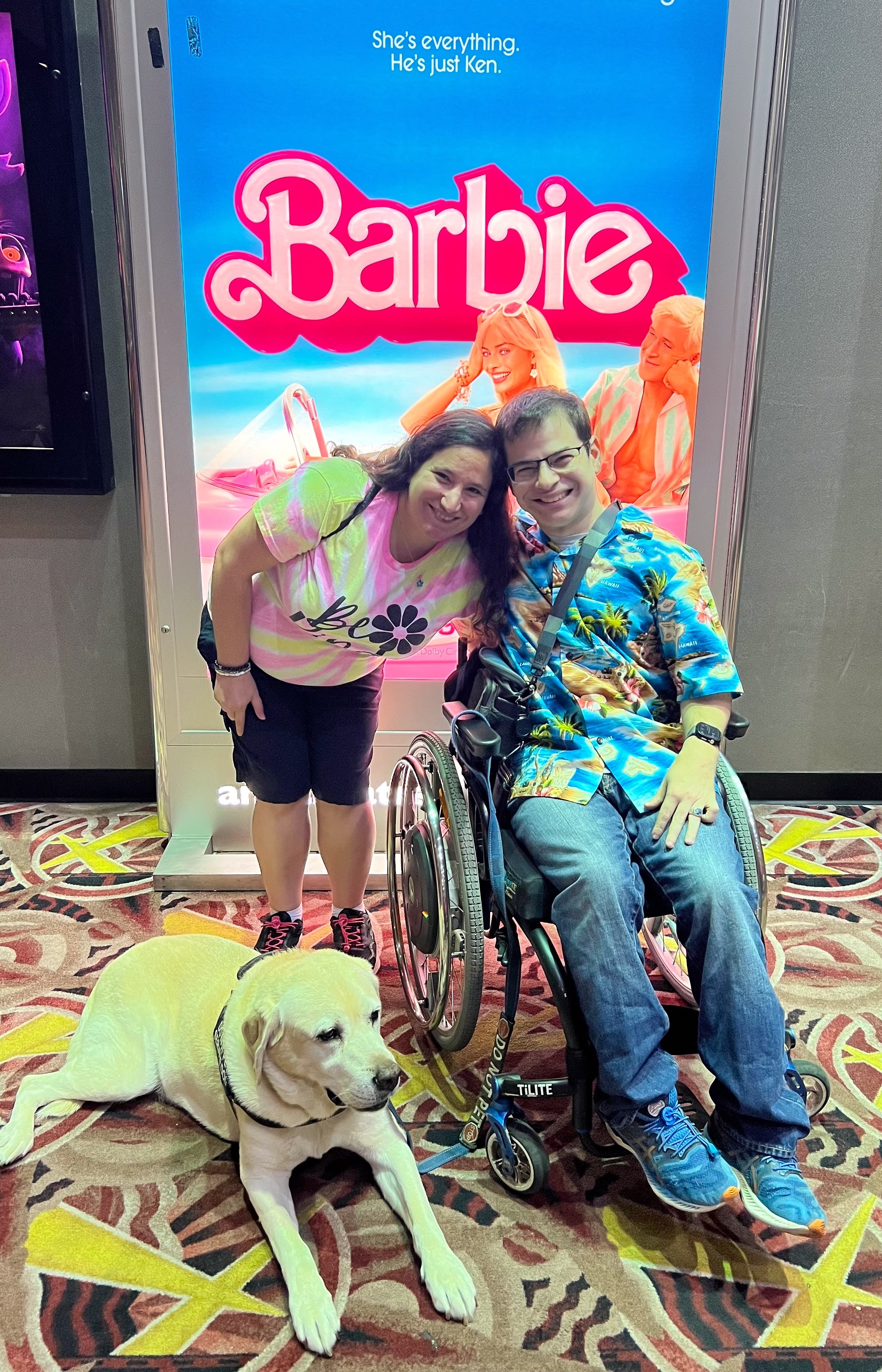A Zoom screenshot showing Disability Advocate Ryan Honick, and fellow RVO Health panelists, Alina Sharon, Ryan McKenna, Robin Hough, and Jessica Simon as part of a DEI in the workplace discussion.
Yesterday, as part of National Disability Employment Awareness Month, I had the distinct honor of joining a panel with the dynamic team from RVO Health. The topic? A subject close to my heart: diversity, equity, inclusion, and access in the workplace, especially in the light of the pandemic and its aftermath.
Firstly, I'd like to extend my heartfelt gratitude to Alina Sharon, Ryan McKenna, Robin Hough, and Jess (Leavitt) Simon. The depth of our conversation, the insights shared, and the commitment to fostering an inclusive environment was truly commendable. It's not every day that you get to be part of such an enlightening discussion, and I am continually encouraged by the positive steps that RVO Health is taking.
I've seen firsthand the challenges and opportunities that come with fostering an inclusive environment. The pandemic has only heightened the need for workplaces to be more adaptable, understanding, and inclusive. Jess (Leavitt) Simon captured this sentiment perfectly, stating, "We can't unring the bell of COVID. COVID completely disrupted and changed the way of work. The employers that are going to retain and attract the best talent are going to have to figure out how to do it differently."
From my personal journey, I know the importance of conversations like these to deepen understanding and empathy and truly make a difference. True inclusivity begins as a cultural attitude and a commitment to continual dialogue about the needs and contributions of every employee. The pandemic brought to light the importance of mental health, flexibility, and the need for employers to be more understanding and accommodating.
RVO Health's commitment to these values is evident, and I am excited to see the strides they will make in the future. The panel discussion was a testament to the fact that when organizations and individuals come together with a shared vision, real change is possible.
To everyone who joined us for the panel, thank you for being part of this important conversation. Let's continue to push boundaries, challenge norms, and create workplaces where everyone feels valued and included.








